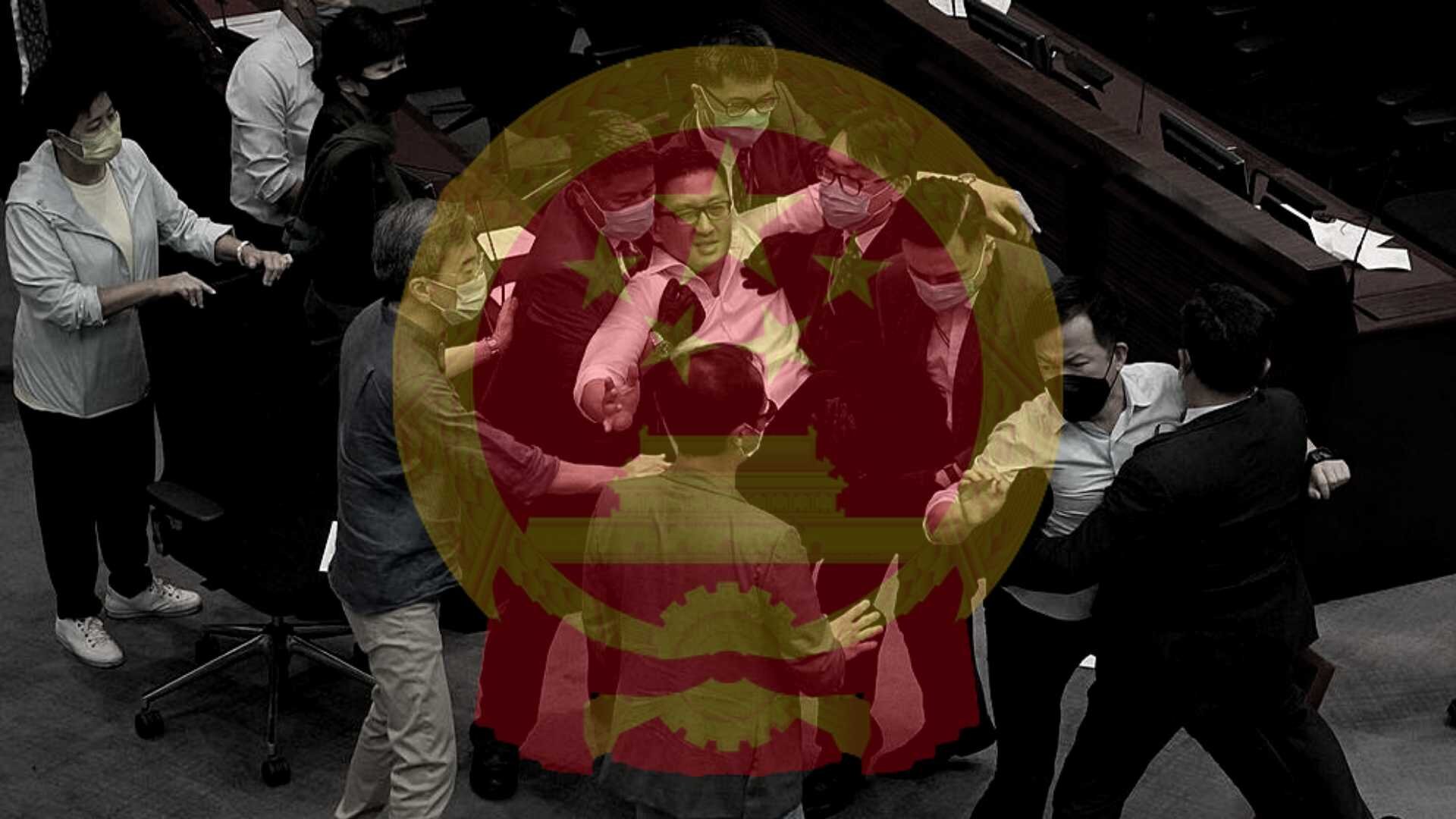Written By Wyatt Claypool, Posted on May 22, 2020

Hong Kong’s future seems to now be up in the air as the communist Chinese government has started to exert more control over the select administrative region, violating the “one country two systems” policies.
Hong Kong is semi-autonomous since the British gave up control in 1997, and it has been very economically stable as it has very pro-free market economic laws and none restrictive social policies like in communist-controlled China.
Right now, China is moving to ban “treason, secession, sedition and subversion” in Hong Kong, which is a way for the Chinese government to crackdown on pro-democracy demonstrations and protests against the Communist Party of China (CCP) and undermine local law in Hong Kong.
The new laws being pushed by Beijing explicitly state they are “law-based and forceful measures” that must be taken to “prevent, stop and punish” the Hong Kong protestors in the future.
The CCP will be establishing agencies within Hong Kong to ensure that its goals with its new authoritarian laws are met, effectively ending much of the self-government Hong Kong has had. Now it doesn’t matter what the people of Hong Kong want. It has to fall in line with CCP priorities as well.
Pro-democracy activists say a new law from Beijing threatens to bring about “the end of Hong Kong”. Riot police are already being deployed in preparation for more protests. pic.twitter.com/0kbj2vQUB0
— SBS News (@SBSNews) May 22, 2020
These new laws, as mentioned before, violated the “one country two systems” policy where Hong Kong was not under the umbrella of China’s law outside of comprehensive stroke type foreign policy legislation. Although the new security legislation does not technically take control of Hong Kong effectively, Beijing is attempting to strong-arm Hong Kong into compliance by threatening action against the semi-autonomous region if they do not comply.
One former pro-democracy lawmaker in Hong Kong, Lee Cheuk-yan, said in a news briefing for the opposition parties and activists that Chinese President Xi Jinping “has torn away from the whole pretense of ‘one country, two systems’” and that Beijing is making an attempt to “directly taking control” of Hong Kong.
Lee portrayed Beijing’s actions as an affront to global values of freedom and democracy, saying that the new security laws are “trying to ban every organization in Hong Kong who dares to speak out against the Communist Party.”
The Chinese regime wants to eliminate what remains of Western freedoms and rule of law in Hong Kong.
Then they’ll try to export their authoritarian system to the rest of the world, with help from those who “admire their basic dictatorship.”https://t.co/BdJNjr3vvn
— Maxime Bernier (@MaximeBernier) May 22, 2020
United States President Donald Trump said yesterday that, “If it happens, we’ll address that issue very strongly,” about if Beijing attempted to take more control over Hong Kong.
The US and China may resume a trade war over this issue, as the “Hong Kong Human Rights and Democracy Act” approved by Trump last year that requires the State Department that Hong Kong has enough autonomy to justify favourable trading terms with China.
Canadian Prime Minister Justin Trudeau came out this morning and declared that “we are concerned with the situation in Hong Kong,” citing Canadians living in Hong Kong to which he said, “we have 300,000 Canadians who live in Hong Kong, and that’s one of the reasons why we want to ensure that the one country, two systems approach continues for Hong Kong.”
The Liberal government in Canada has still yet to put forward any punitive actions to be made against China, and instead directly calling for a deescalation of tensions at this time.
It isn’t yet known what the international community will be doing about China’s authoritarian actions, but it is evident further chaos is brewing.
Wyatt is a student at Mount Royal University, where he is the president of its Campus Conservative club. In his writing, he focuses on covering provincial and federal politics, firearms regulation, and the energy sector. Wyatt has also previously written for The Post Millennial.
Very well presented. Every quote was awesome and thanks for sharing the content. Keep sharing and keep motivating others.